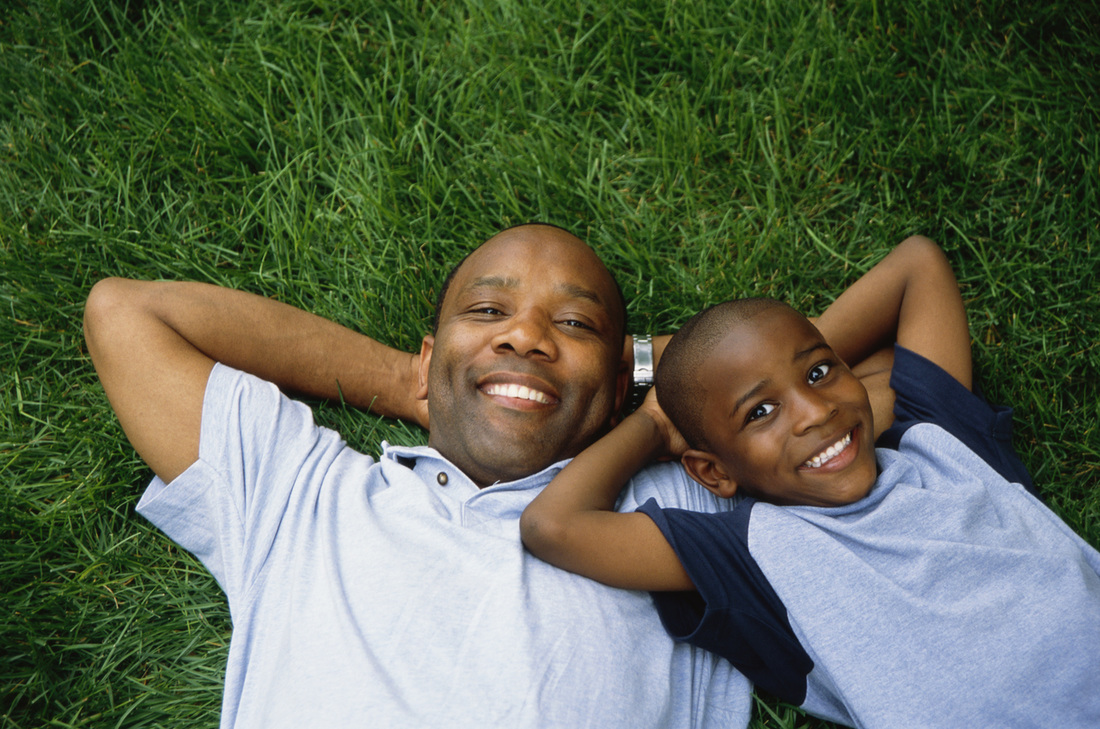Fathers have a powerful and lasting impact on the psychological development of their children, cognitively, emotionally, and interpersonally. Father’s Day is a beautiful occasion for honoring fathers who parented in a healthy way. What exactly are the gifts imparted by healthy fathering, and what are the wounds inflicted by unhealthy fathering?* Let’s looks at three aspects of this.
1 Comment
|
Dr. Chafetz“My passion is ensuring that every adult is mentally ready to succeed in all transitions that comprise the adult years. The meaning in my life comes from helping my patients see themselves, their situation, their future, and the entire world with new eyes and a newly courageous attitude. |



 RSS Feed
RSS Feed
